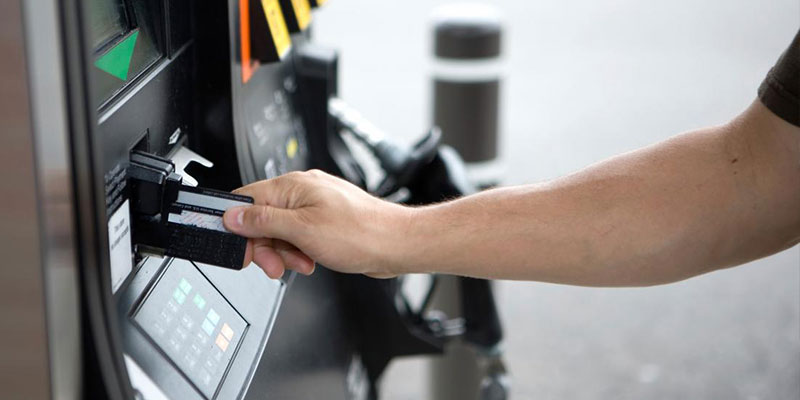Choosing POS Software
5 Tips for Choosing the Right Retail Gas or Convenience Store POS Software
April 23, 2016

Before you even think about purchasing a POS system, you need to stop, read this, and consider what you are doing. Whether you are replacing your old POS software or starting fresh… why do you want to get a POS system? What is your reasoning? How will you evaluate vendors? By creating a plan of attack, you’ll make sure that the hard work to source and implement the right POS system does not go to waste.
So, before you get started, here are 5 tips to consider when choosing POS software for your retail gas or convenience store.
Tip #1 – Choose the Right Software First
Make sure that the one item – POS software – that you need to collect money, control devices and record back to you how your performing is decided upon first!
POS software should be selected first because it has both hardware and operating system requirements. If you choose the right POS software first, you can then ask the software company about their recommended hardware and operating systems to ensure a fully integrated system and fewer costs down the line.
Do not choose your gas station hardware first whether it be dispensers, car wash systems, security camera’s etc. Selecting hardware as a second step will ensure you choose a POS system that will give you the maximum ability to manage and control your site, both now and in the future.
To choose the right software, do your research. Demo systems, visit users, talk to end-users, do your homework!
Tip #2 – Buy From One Source
If you buy hardware and software from different companies you could run into some frustrating situations. For example, when you have a problem and call for support, the “blame game” could begin. The software company will blame the hardware company, the hardware company will blame the computer company, and the computer company will blame the software company.
We have seen this happen too many times. It’s best to buy your hardware and software from one source (like us). We pre-configure the computer system and save you time!
Tip #3 – Look for Industry-Specific Software
You need software that’s tailored for your industry, and there are not that many available systems.
The trick is to find a POS system that is designed for your market and used by other retailers like you. If you’re lucky, all the features you need will already be in place, saving time and money on customizations. And, POS developers are more likely to make updates for you if the new feature can benefit other customers in the industry. As an example, if there is a special new feature a customer needs for their retail fuel operations, we’re likely to make the change because we know other customers of ours will benefit from the same feature. Together, we’re creating a powerful industry-leading system that simply does not compare to generic POS software.
So how do you find software packages that target your industry? You can start by looking at trade shows, trade magazines and the internet.
Tip #3 is one of the most important steps to avoiding mistakes and getting the highest return on investment. If you skipped over the info above, then go back and read it again.
Tip #4 – Buy Name Brand
Many computers will have a 1 – 3 year warranty and possibly on-site service. Your POS hardware (receipt printers, cash drawers, etc) typically have a 1 year warranty. To avoid issues with your warranty, it’s best to buy everything name brand.
At Infonet, we partner with a number of name brand software and hardware companies to ensure the highest quality for our customers and reduce this type of friction with warranties.
Tip #5 – Don’t Forget the Miscellaneous Items
When you’re reviewing and comparing price quotes, you need to consider the miscellaneous items in your list of requirements. While POS companies like us include everything, other companies will leave certain items out of their quote and these extra features can quickly add up.
Here’s a checklist of miscellaneous items that you’ll need to consider for retail fuel and convenience store-specific POS systems:
- Training fees
- Support fees
- Software update / maintenance fees
- Data conversion fees
- Receipt printers
- Barcode scanners
- Reports printers
- Cash drawers
- Surge protectors
- Battery backups (UPS)
- Cables for printers, computers, and your network
- Network hubs
- Internet access routers for shared internet access
- Paper – Thermal paper
With these 5 tips you should be good shape to start your search for the perfect POS system. Another good place to look is our extensive list of features:
- For convenience stores check out C-Store Commander
- For retail fuel stations check out Fuel Commander